Nonverbal Learning Disorders Treatment in Ann Arbor, MI
Non-Verbal Learning Disability Therapy: Empowering Growth, Supporting Success
If you or your loved one are struggling with challenges related to Non-Verbal Learning Disability (NVLD), therapy can help. NVLD is a condition that affects social, emotional, and motor skills, often making it difficult to navigate daily life. Whether you’re a child, adolescent, or adult, Non-Verbal Learning Disability Therapy provides the support and strategies to thrive despite these challenges.
Our NVLD Therapy program at Ann Arbor Therapy & Testing is designed to empower you to understand NVLD and build the skills you need to succeed in school, work, and relationships.
Non-Verbal Learning Disability Therapy is designed to address the unique challenges associated with NVLD. Through targeted interventions, we help individuals build essential skills, increase confidence, and achieve success in their personal, academic, and professional lives. Here’s how therapy can help:
- Fostering Independence: With the right tools and support, individuals with NVLD can learn how to navigate challenges more independently, boosting confidence and self-esteem.
- Improving Social Skills: Therapy teaches strategies for understanding social cues, reading body language, and interpreting facial expressions to help you better connect with others.
- Enhancing Motor Coordination: Our therapy incorporates exercises and strategies to improve fine and gross motor skills, helping you become more confident in tasks like writing, sports, and daily self-care routines.
- Developing Organizational Skills: We teach techniques to improve time management, organization, and task completion, making it easier to stay on top of responsibilities and reduce stress.
- Building Emotional Awareness and Regulation: Therapy helps individuals with NVLD recognize and express emotions in healthy ways, reducing emotional outbursts or shutdowns.
- Teaching Abstract Thinking: Therapy helps you develop cognitive flexibility by introducing strategies for understanding abstract concepts, such as figurative language, problem-solving, and adapting to new situations.
Take the first step towards understanding and developing successful strategies by scheduling a consultation with us today by calling (734) 388-4440.

Start Your Journey Here
Offering In-Person and Teletherapy Options For You or a Loved One
Common Symptoms of Non-Verbal Learning Disability
NVLD can present itself in various ways, and its effects are often subtle but pervasive. Here are some common symptoms that can signal the need for NVLD therapy:
- Difficulty with Social Cues: Struggling to understand body language, facial expressions, and tone of voice, making it hard to engage in or maintain conversations.
- Poor Coordination and Motor Skills: Clumsiness or trouble with tasks like handwriting, tying shoes, or sports that require fine or gross motor skills.
- Challenges with Spatial Awareness: Difficulty interpreting visual-spatial relationships, which can make it hard to judge distances or directions.
- Struggling with Abstract Thinking: Problems with understanding concepts that are not concrete, leading to challenges in problem-solving or adapting to change.
- Literal Interpretation: Tendency to take things very literally, which can lead to misunderstandings and frustration.
- Difficulty with Organizational Skills: Struggles with planning, organizing, and completing tasks in a systematic way, often resulting in feeling overwhelmed.
- Trouble with Emotional Regulation: Difficulty identifying and expressing emotions appropriately, sometimes leading to outbursts or emotional shutdowns.
- High Verbal Skills, Low Non-Verbal Skills: You might be able to speak clearly and articulate your thoughts well, but struggle with understanding non-verbal communication or picking up on unspoken social cues.
If these symptoms sound familiar, therapy for NVLD can provide valuable strategies to help overcome these challenges and improve day-to-day functioning.
How Non-Verbal Learning Disability Therapy Works
Our approach to Non-Verbal Learning Disability Therapy is evidence-based, confidential, collaborative, and comprehensive. We believe that every individual with NVLD is unique, and therapy should be personalized to meet specific needs. Here’s how it works:
- Family and Community Support: For children and adolescents, involving family members and educators in the process can provide additional support and continuity. We also help you develop strategies to advocate for yourself in various environments like school or work.
- Assessment and Understanding: The therapy process begins with a comprehensive assessment to understand the specific challenges you are facing. We explore how NVLD affects different aspects of your life—whether social, emotional, or academic—and develop a plan tailored to you or your loved one’s needs.
- Setting Goals: Together, we will set clear, achievable goals that align with your personal needs. These goals may range from improving social interactions and communication to developing motor skills or creating better organizational habits.
- Therapeutic Techniques: We use proven therapeutic methods such as Cognitive Behavioral Therapy (CBT), social skills training, motor coordination exercises, and executive function strategies to address the specific symptoms of NVLD.
- Ongoing Support and Adaptation: Therapy isn’t a one-size-fits-all approach. As you progress, we continually assess and adjust the strategies being used to ensure they are effective and that you are making progress toward your goals.
Experienced and Highly Qualified Psychotherapy and Psychological Testing Services

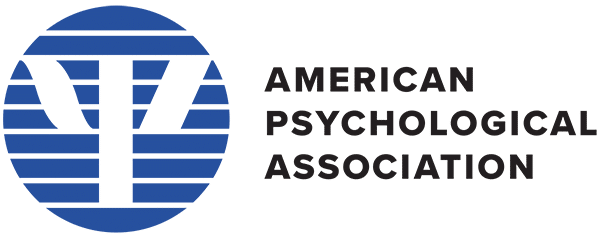

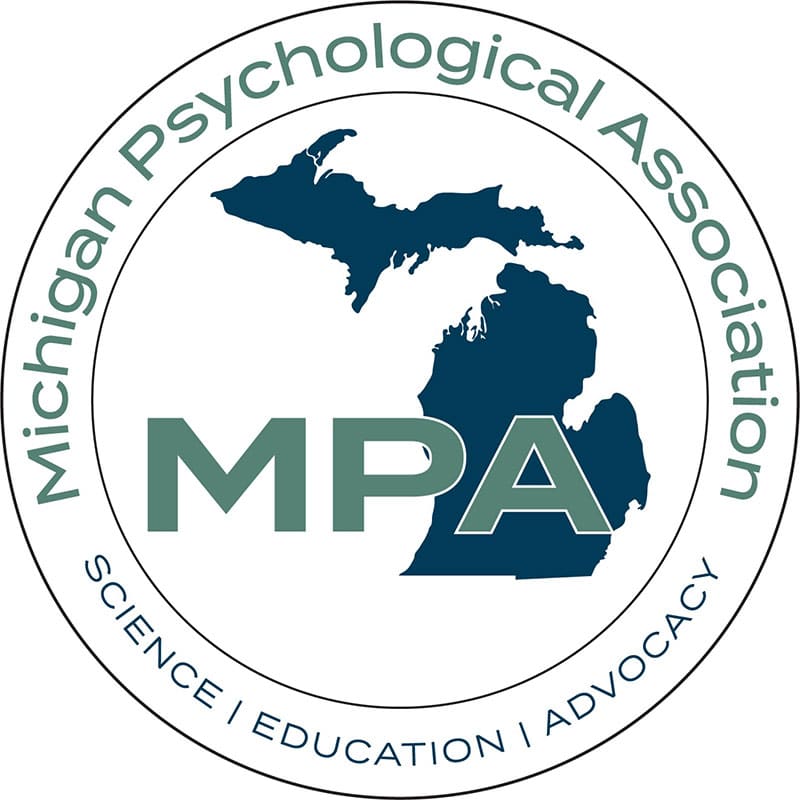
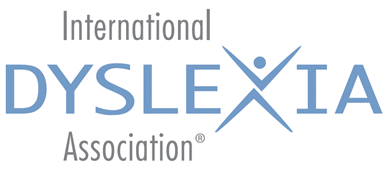
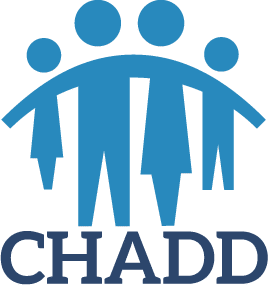
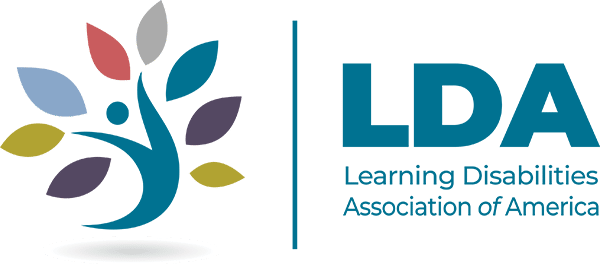
Our Treatment Values
Our therapy approach isn’t just about managing symptoms—it’s about fostering growth and well-being. Here’s how our Non-Verbal Learning Disability Therapy fits with our clinic’s values:
- Empathy: We understand that NVLD can create significant challenges in everyday life. With a compassionate approach, we listen to your struggles and tailor our therapy to meet your needs with kindness and understanding.
- Self-Awareness: Therapy helps individuals with NVLD build self-awareness by recognizing their strengths and challenges. This newfound self-awareness provides the foundation for growth, enabling you to better understand yourself and navigate the world around you.
- Resilience: Life with NVLD can be frustrating, but therapy builds resilience. We help you develop strategies to persevere through challenges, whether in social settings, at school, or in the workplace. Learning to bounce back from setbacks is an important aspect of our therapeutic approach.
- Positive Mindset: We focus on a growth-oriented mindset, emphasizing the potential for improvement and success. By setting achievable goals and celebrating small victories along the way, we encourage optimism and a sense of possibility.
- Improved Self-Esteem: As therapy helps you manage NVLD symptoms and improve skills, your self-esteem will naturally improve. Feeling more confident in social interactions, academic performance, and daily tasks fosters a healthier, more positive self-image.
If you or your child are experiencing challenges related to NVLD, it’s time to take the next step. Ann Arbor Therapy & Testing can provide the support and tools you need to navigate life with greater ease and confidence.
Call (734) 388-4440 to schedule Non-Verbal Learning Disability Therapy and learn more about other therapy service offered at Ann Arbor Therapy & Testing.
Additional Services Offered at Ann Arbor Therapy & Testing:
- Workaholic Therapy
- Anger Management Therapy
- Anxiety Treatment
- ADHD Treatment
- Teen Counseling
- Life Transitions Counseling
- Pregnancy Mood Disorders Counseling
- Issues at School Counseling
- Loss and Grief Treatment
- Marriage Counseling
- Parental Guidance
- Adult Therapy
- Self-Esteem Therapy
- Trauma Therapy
- Infant Mental Health Treatment
- Self Harm Treatment
- Teletherapy
- Gaming Addiction Counseling
- Bullying Therapy
- Bipolar Disorder Treatment
- Career Counseling
- Depression Treatment
- Couples Counseling
- Divorce Counseling
- Executive Function Coaching
- Family Counseling
- Autism Treatment
- Child Therapy
- Stress Management Therapy
- Play Therapy
- Oppositional/Behavioral Disorders Therapy
- Mindfulness Therapy
- Dialectical Behavioral Therapy (DBT)
- Emotion Regulation Therapy
- OCD Therapy
- Evidence-Based Therapy
